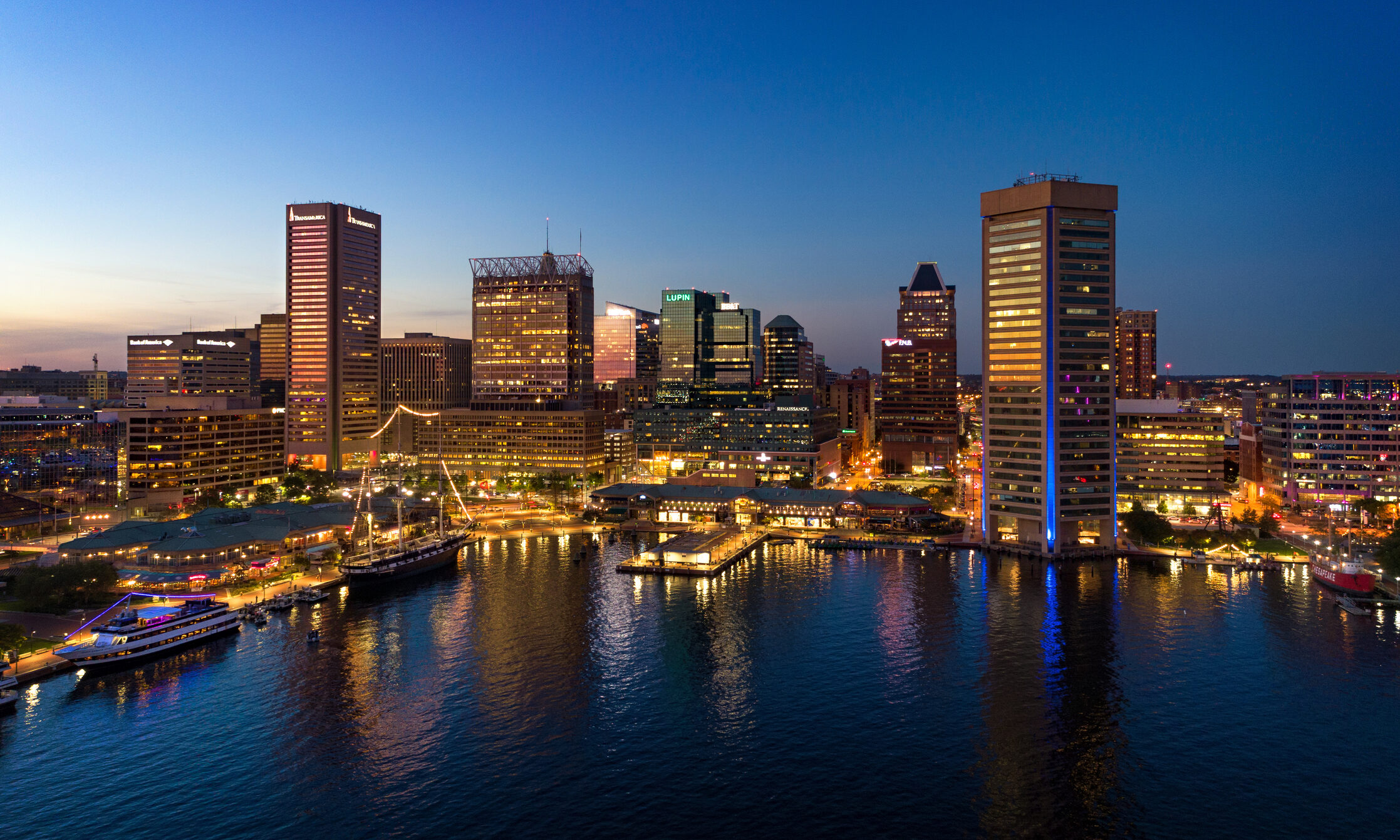
The Facts
THE HISTORICAL TOLL OF
BEVERAGE TAXES
History shows that beverage taxes have disproportionately harmed those who can least afford them.
20%
When Philadelphia implemented a similar tax in 2017, Pepsi was forced to lay off 20% of their workforce as a direct result of the added expenses incurred.
130
Acme stores, deeply rooted in Philadelphia for 130 years, saw their employees lose significant work hours due to the beverage tax.
AND MORE…
Union truck drivers and other workers in Philadelphia also suffered job losses and pay reductions because of the tax.
IF A NEW BEVERAGE TAX IS ENACTED
IN BALTIMORE…
JOBS ARE AT STAKE
Decreased sales could cost good union jobs. An Oxford Economics Study estimated that the beverage tax in Philadelphia caused 1,200 people to lose their jobs and a decrease of $80 million in the city’s GDP.
SMALL BUSINESSES WILL SUFFER
Beverage taxes typically cause people to shop outside the city to save money. Local stores will likely lose business and possibly have to reduce employee hours, or even lay off employees, as a result. In Philadelphia, grocery stores reported sales for all store items went down substantially in the city because of cross-border shopping.
JOIN US TO PROTECT WORKING FAMILIES AND SMALL BUSINESSES IN BALTIMORE
"*" indicates required fields

